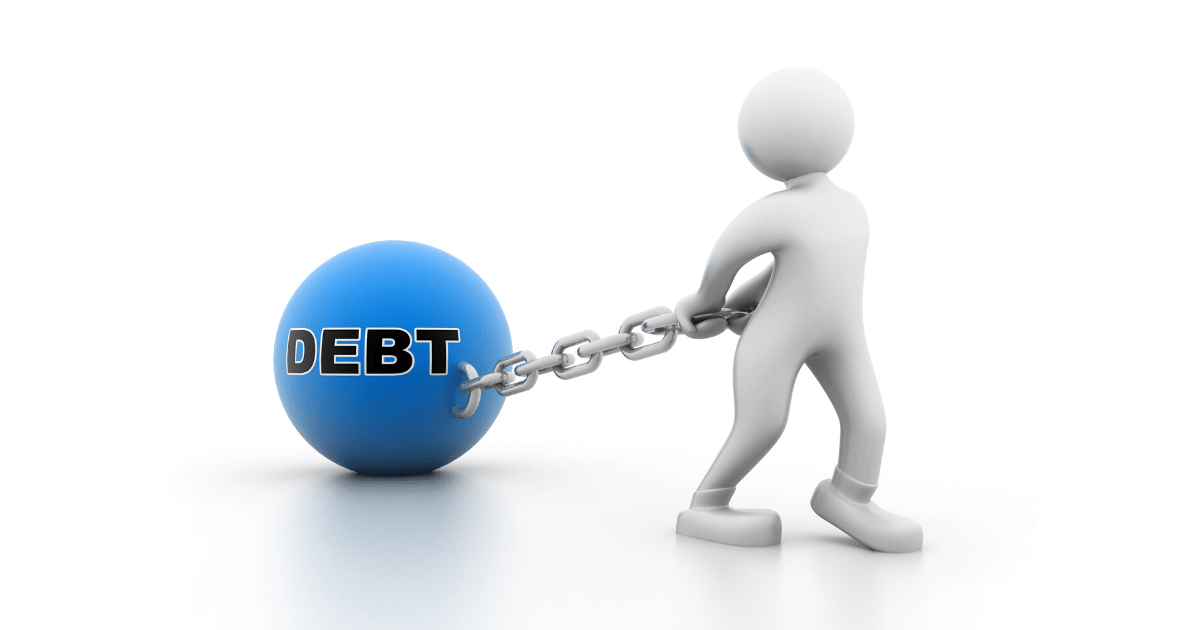By Charlestien Harris
So far we’ve talked about debt management plans and debt consolidation. In the final blog for my debt elimination series, I’ll be discussing debt settlements. The prospect of paying less than you owe — far less in some cases — makes debt settlement an enticing choice for eliminating debt. It is also a risky one, a debt relief option so fraught with misunderstanding and possible negatives that most financial experts would recommend it only as a last resort. Here is everything you need to know before initiating a debt settlement.
How does debt settlement work?
You, or a representative negotiating for you, make an offer to your creditor to settle the debt for less than what is owed. For example, if you owed $10,000, you might offer the creditor a lump-sum payment of $5,000. If the creditor accepts the offer, you make the payment and your debt is seemingly settled.
We say seemingly, because if you owe more than one creditor, as is often the case, you must go through the process with each one. So, if you are delinquent on several credit cards or bills (e.g. cable, cell phone, medical, etc.), you will have to negotiate a settlement with each one before you are out of debt.
In the meantime, you likely will be racking up costly late fees and interest charges on all your debts.
If you are paying a debt settlement company to represent you, here are drawbacks you should consider:
Additional Fees – Debt settlement companies often encourage you to stop making payments to your creditors while they negotiate a settlement. The late fees, interest and other penalties that follow will be added to the amount you owe already.
Timeframe – The normal timeframe for a debt settlement case is 2–3 years, which means 24–36 months of late fees and penalties added to the amount you owe.
Impact on Credit Score – Debt settlement will have a negative impact on your credit score. Not paying the full amount is a negative. Missing payments while negotiating a settlement is also a negative.
Impact on Credit Report – The fact that you settled your debt — that is, didn’t pay the full amount — remains on your credit report history for seven years, making it difficult for you to get credit from any lenders.
Companies Charge Fees – Debt settlement companies charge a fee, usually a percentage of the amount owed, to negotiate on your behalf. The fees generally are 20–25% of the final settlement, so if your final settlement is $5,000, you could owe another $1,000 to $1,250 in fees.
Lenders May Refuse – Lenders are not obligated to accept settlement offers. In fact, some lenders refuse to work with debt settlement companies.
Tax Consequences – There could be tax consequences from a debt settlement. The IRS may count whatever amount is forgiven as income and require you to list it on your taxes.
With so many negatives attached to the outcome, many consumers wonder: Does debt settlement really work? For people who feel helpless with their financial situation and don’t want to declare bankruptcy, debt settlement could be the short-term answer. However, if you’re able to manage your debt on your own or with the help of a HUD Certified Credit Counselor that may be the better choice. For questions about debt settlement or debt management in general, please contact me at charlestien.harris@southernpartners.org or 662-624-5776. Until next week, stay financially fit!
